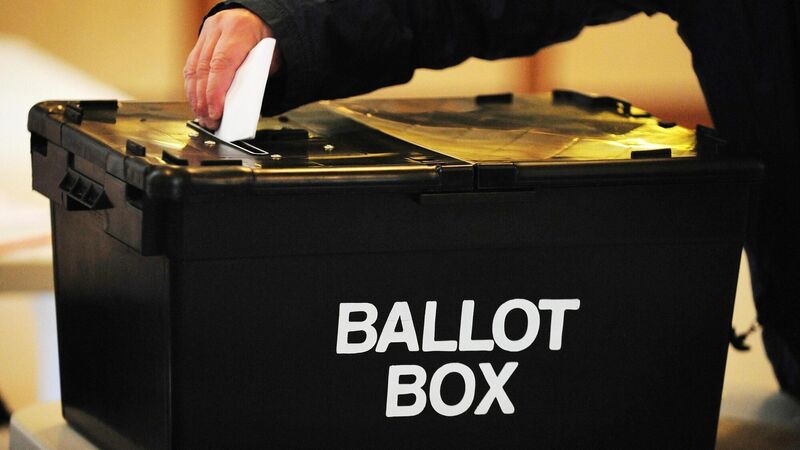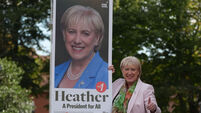Paul Hosford: Does accelerating child benefit change hint at early election?

With Social Protection Minister Heather Humphreys announcing that her department is set to begin the child benefit payments ahead of schedule, some Government TDs speculate that an election will be called before this time next year.

















